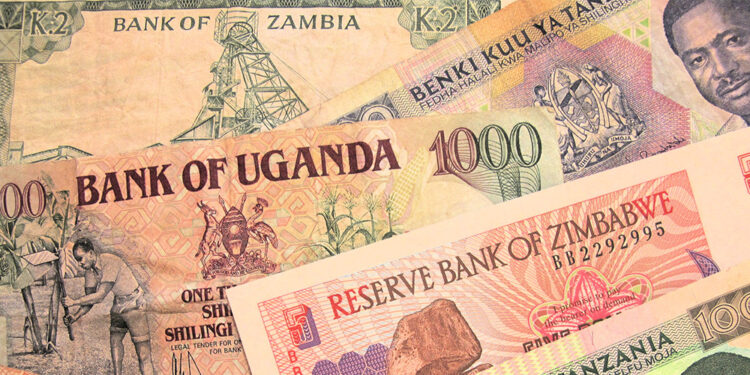Key financial developments across Africa are reshaping economic sentiment, with South Africa weighing changes to its inflation target, Jumia narrowing losses amid an e-commerce revival, ArcelorMittal South Africa considering deep job cuts, and solar imports signalling an accelerating shift towards renewable energy.
South Africa evaluates inflation target
South Africa’s finance ministry and central bank are nearing completion of technical work on potential changes to the inflation target range of 3–6 per cent. The review follows repeated calls from central bank governor Lesetja Kganyago for a lower benchmark to strengthen competitiveness. A formal decision is expected in the coming months, carrying significant implications for monetary policy and investor confidence in Africa’s most industrialised economy.
Jumia narrows losses as operations stabilise
Pan-African e-commerce firm Jumia, often described as the “Amazon of Africa”, has reduced operating losses to $16.5 million this year, with its share price climbing more than 120 per cent in 2025. Management has pursued a leaner business model focused on affordability and core demand. The company has pledged to reach profitability by 2027 despite persistent challenges from low-cost Chinese rivals and infrastructure constraints across key African markets.
ArcelorMittal South Africa prepares job cuts
ArcelorMittal South Africa has warned that workforce reductions could exceed 4,000 jobs, nearly half of its total headcount. The company reported half-year losses of around 1 billion rand, citing weak local demand, rising energy prices, transport bottlenecks and competitive pressures from imports. Union leaders have raised concerns about the social impact, while management has urged government intervention to protect the domestic steel industry.
Solar imports highlight energy transition
Africa imported a record 15 gigawatts of solar panels in the year to June 2025, marking a 60 per cent annual increase. More than two-thirds of this capacity went to countries outside South Africa, including conflict-affected states such as Mali, Somalia and Sudan. The surge reflects falling solar costs and China’s shift towards supplying emerging markets. While renewable energy still accounts for just 6 per cent of Africa’s total power mix, the pace of solar adoption suggests growing potential for decentralised energy solutions and long-term infrastructure transformation.
Implications for regional economies
The combination of policy shifts, corporate restructuring and energy investment demonstrates both the vulnerabilities and opportunities across African economies. South Africa’s inflation review could anchor greater monetary stability, while Jumia’s recovery signals resilience in digital markets. Job losses in heavy industry highlight structural pressures, even as rising solar adoption points to a future shaped by sustainability and new investment flows.
REFH – Newshub, 2 September 2025



Recent Comments